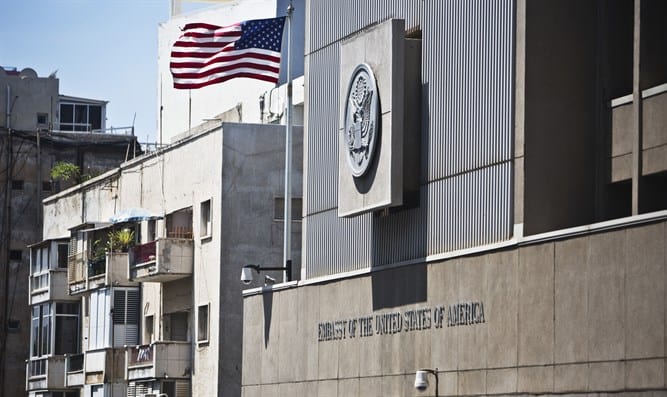THE United States Government has unveiled plans to impose stricter limits on visa validity for international students and foreign journalists, in what it describes as an effort to curb abuse and enhance national security.
According to the Department of Homeland Security (DHS), the proposed rule would cap F visas the primary visa category for foreign students, at a maximum of four years. Currently, student visas generally cover the entire duration of an academic program, which in the case of doctoral degrees may extend well beyond five years.
For international journalists, the validity of visas would be restricted to 240 days, with the option of a single renewal for another 240 days. Crucially, media professionals would not be allowed to hold a visa beyond the timeframe of their specific assignment in the U.S.
Any request for an extension would require an application through the U.S. Citizenship and Immigration Services (USCIS), subjecting applicants to further vetting and security checks.
Previously, journalists from countries such as Germany and other allied nations have been granted visas with validity of up to five years.
Defending the proposal, the DHS said the changes were aimed at reducing security risks and financial burdens linked to prolonged visa stays.
“For too long, past administrations have allowed foreign students and other visa holders to remain in the U.S. virtually indefinitely. This practice poses security risks and financial burdens, and may disadvantage U.S. citizens,” DHS stated.
The department added that stricter time limits would “strengthen oversight and prevent misuse” of U.S. visa programs.
The proposal has already provoked sharp criticism from U.S. higher education stakeholders, who warn it could have serious consequences for the country’s competitiveness in attracting international talent.
Miriam Feldblum, President and CEO of the Presidents’ Alliance on Higher Education and Immigration, described the plan as disruptive.
“The rule would force international students and scholars to regularly submit additional applications, disrupting their studies and straining university operations,” Feldblum said.
She cautioned that the uncertainty created by frequent renewals could discourage students from choosing U.S. universities for advanced research and academic programs.
If implemented, the policy would mark one of the most significant restrictions on student and journalist visas in recent years.
The U.S. has historically positioned itself as a top destination for higher education, hosting more than one million international students annually, a sector that contributes billions of dollars to the American economy.
Education leaders in the US argue that the move could push prospective students toward countries with more stable visa policies, such as Canada, the UK, and Australia.
For journalists, media rights groups say the restrictions could hinder press freedom by limiting the ability of international correspondents to cover stories in the U.S. for extended periods.
The proposal is expected to undergo a public comment period before formal adoption.







